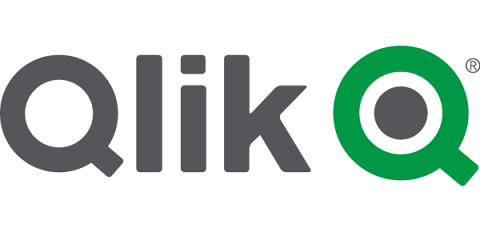Part 4: How machine learning, AI and automation could break the BI adoption barrier
In the last three parts of this four-part series, we have looked at: research on the state of analytics today and the lack of BI adoption; the history of BI and how we have arrived at the augmented era; and the four main blockers to BI adoption that is stunting the growth your business data culture. Today, let's take a look at how AI and machine learning (ML) can close that adoption gap.










